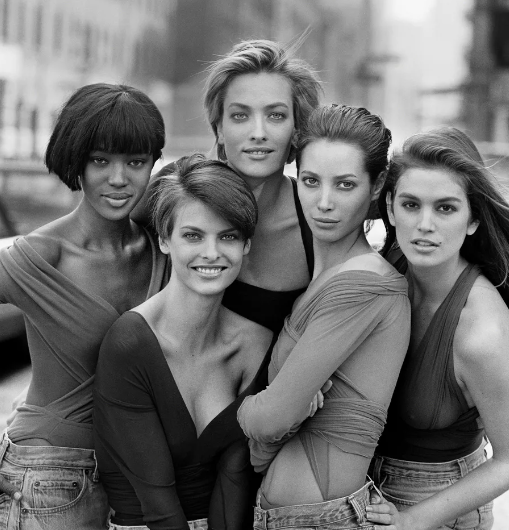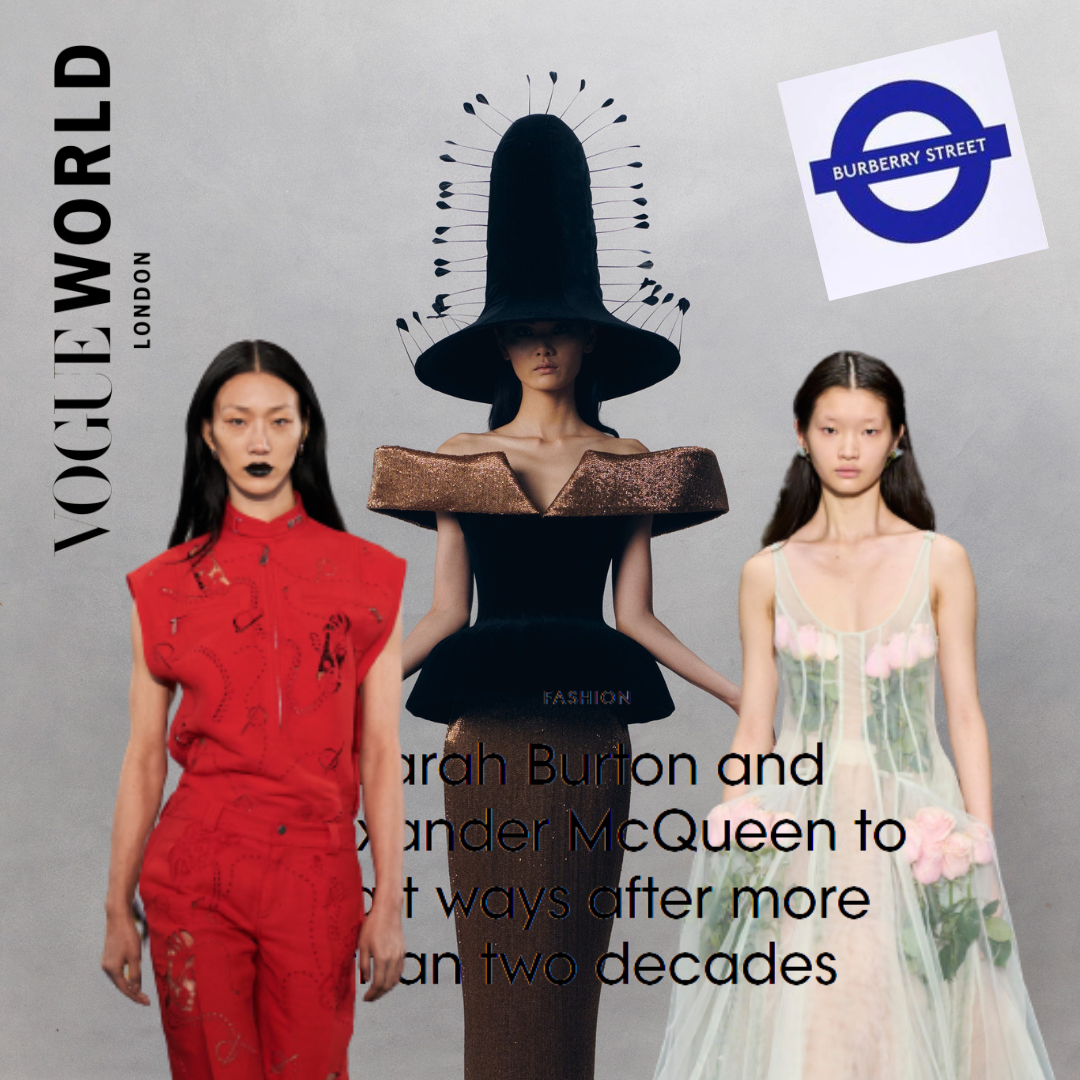The Rise of Clean Beauty
The beauty industry, much like its fashion sibling, is an ever-growing and ever-changing environment with trends coming and going in an endless cycle. Just 5 years ago Kylie Lip Kits and Anastasia Beverly Hills Eyebrow products were among the hotly desired items with online beauty gurus aiding their popularity. Today, however, the beauty industry aesthetic has changed into something we’ve not really seen before, the clean beauty market, which is estimated to reach $22 billion by 2024.
It goes without saying that for a few years now we have been living in a much-needed eco revolution with veganism becoming more common, secondhand fashion taking many hearts and a greater focus on our impact on our world. It would, therefore, be obvious that this would spill over into the beauty world. Instead of searching for makeup products with high pigmentation and staying power, consumers are increasingly searching for products that have fewer chemicals and more beneficial aspects.
So, what is clean beauty? In a nutshell, clean beauty refers to makeup or skincare products that are clean of ‘harmful’ ingredients, instead favouring ‘natural’ ones. The truth is, there is really no such true thing as ‘clean beauty’, and every brand will have a slightly different definition. “Terms like clean and natural aren't regulated, which has led to many brands and retailers creating their own definitions of clean beauty,” Edited Retail Analyst Heather Ibberson says. “Sephora and Ulta Beauty have both created their own in-house certifications to define which products it deems as clean based on a list of no-go ingredients, which slightly differ from one another.”
There is then, of course, the conversation around whether so-called ‘natural’ ingredients are any better than the ‘harmful’ ones. For an article on Cosmopolitan (worth a read!) debunking clean beauty myths, Jen Novakovich, a science communicator, formulation chemist, and founder of The Eco Well says “Some of the most poisonous ingredients in the world—like botulinum toxin and arsenic—come from nature,” Just because something is natural, it doesn’t automatically make it good for you. After all, drinking too much water can kill you! Now, this isn’t to say that ‘natural’ ingredients such as green tea or aloe vera (for example) aren’t good for your skin, but they’re likely to be far more effective when working in conjunction with some man-made chemicals.
Even with so much confusion and, at times, controversy surrounding the clean beauty market and what it actually is, consumers have jumped onto the train and are absolutely loving it. Alongside the surging wellness industry, clean beauty has marketed itself as self-care, something people are putting more effort into after the chaos of recent years. Moreover, we have social media to thank for this current trend. Wellness beauty gurus have been skyrocketing in popularity on platforms such as Tiktok, with millions seeking to replicate these creators’ lifestyles.
On the other side is the scientific skincare community on Tiktok which seeks to educate instead of inspire. This has led to an online split within the beauty community, those that believe in the wellness side and those that believe in the hard scientific facts. It is down to the consumer who they choose to side with.
As consumers have gained higher awareness of the scientific side of beauty through social media platforms, they have begun to demand better quality products in general, and this is a good thing. When consumers put pressure on brands to do better, effective change can finally take place.
Clean beauty is a complicated conversation as, on the one hand, it’s an industry rife with misinformation but, on the other, it has normalised wearing less makeup and embracing our skin-based imperfections. As with all things online, as consumers, we must be critical of what we are told but also open-minded as we may just fall into yet another fad trap.








